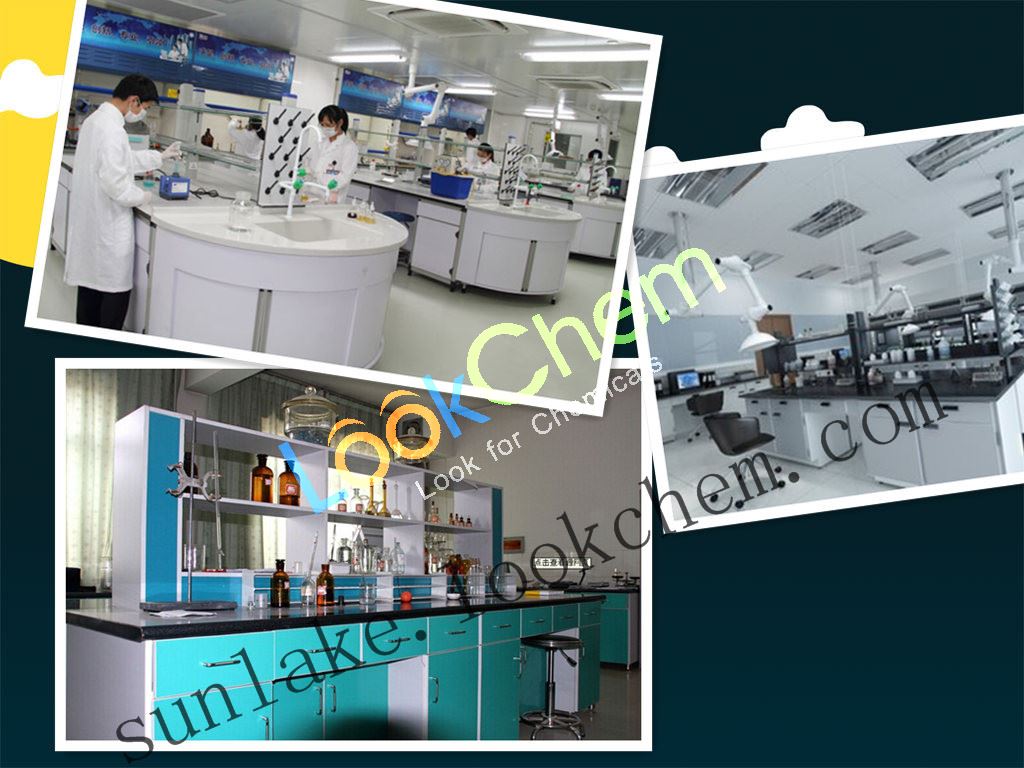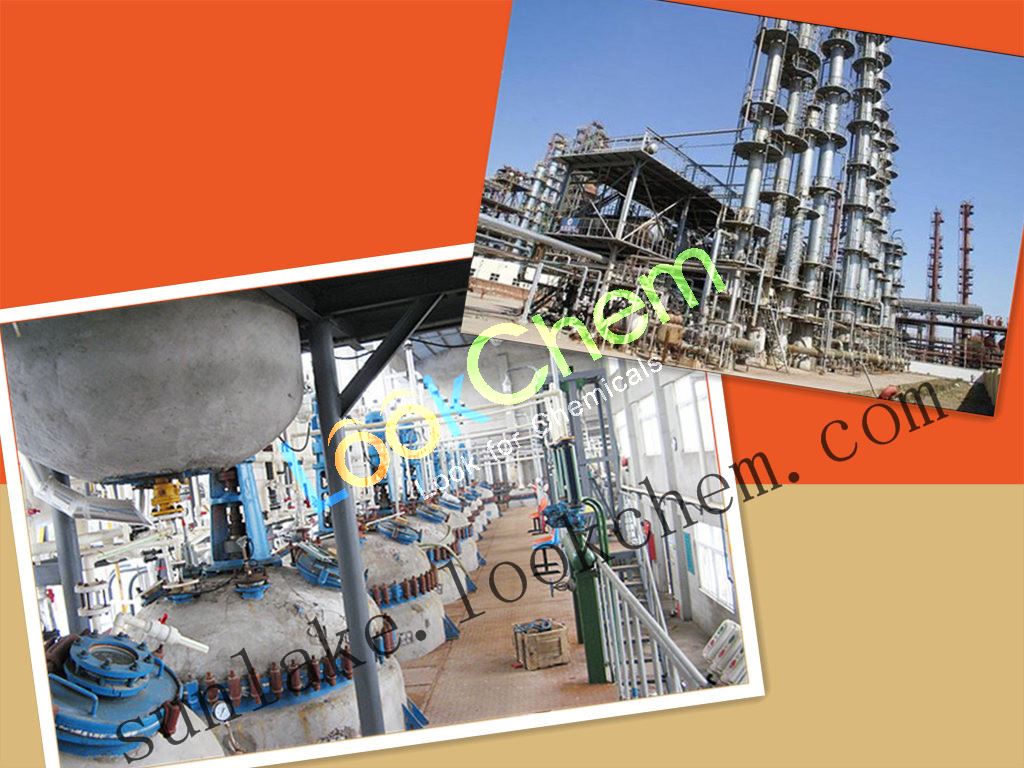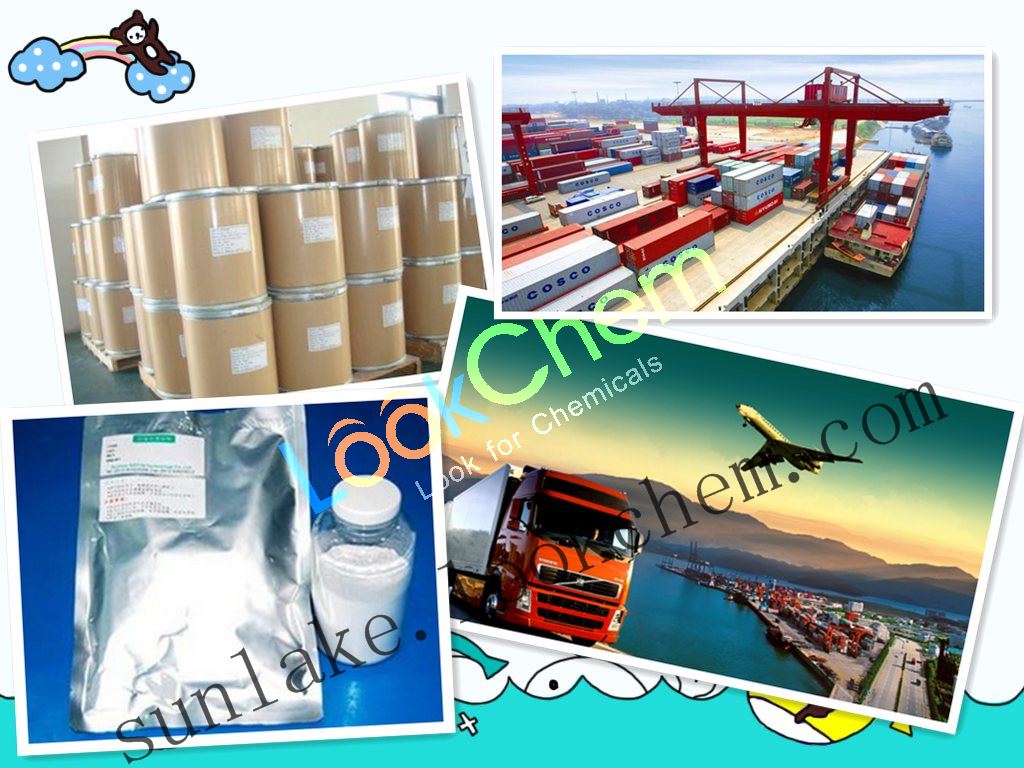- Min.Order :100 Kilogram
- Purity: 99%
- Payment Terms : L/C,D/A,D/P,T/T,Other
Keywords
Trimethoprim 738-70-5 C14H18N4O3
Quick Details
- Appearance:powder
- Application:738-70-5
- PackAge:Depended
- ProductionCapacity:300|Kilogram|Month
- Storage:Refrigerator
- Transportation:by air or by sea
Superiority:
| Trimethoprim Basic information |
| Product Name: | Trimethoprim |
| Synonyms: | abaprim;5-((3,4,5-trimethoxyphenyl)methyl)-2,4-pyrimidinediamine;5-(3,4,5-trimethoxybenzyl)-2,4-diaminopyrimidine;5-(3,4,5-TRIMETHOXYBENZYL)PYRIMIDINE-2,4-DIYLAMINE;2,4-DIAMINO-5-(3,4,5-TRIMETHOXYBENZYL)PYRIMIDE;2,4-DIAMINO-5-(3',4',5'-TRIMETHOXYBENZYL)PYRIMIDINE;2,4-DIAMINO-5-(3,4,5-TRIMETHOXYBENZYL)PYRIMIDINE;TRIMETOPRIM |
| CAS: | 738-70-5 |
| MF: | C14H18N4O3 |
| MW: | 290.32 |
| EINECS: | 212-006-2 |
| Product Categories: | Pharmaceutical;Inhibitors;Intermediates & Fine Chemicals;Pharmaceuticals;Peptide Synthesis/Antibiotics;TRIMPEX;antibiotic;Broad-spectrum antibacterials;API |
| Mol File: | 738-70-5.mol |
|
|
|
| Trimethoprim Chemical Properties |
| mp | 199-203 °C |
| storage temp. | 2-8°C |
| solubility | DMSO: soluble |
| form | white powder |
| Water Solubility | <0.1 g/100 mL at 24 ºC |
| Merck | 9709 |
| Stability: | Stable. Incompatible with strong oxidizing agents, acids. |
| CAS DataBase Reference | 738-70-5(CAS DataBase Reference) |
| NIST Chemistry Reference | Trimethoprim(738-70-5) |
| EPA Substance Registry System | 2,4-Pyrimidinediamine, 5-[(3,4,5-trimethoxyphenyl) methyl]-(738-70-5) |
| Safety Information |
| Hazard Codes | T |
| Risk Statements | 25 |
| Safety Statements | 45 |
| RIDADR | 3249 |
| WGK Germany | 3 |
| RTECS | UV8225000 |
| F | 8-10-21 |
| HazardClass | 6.1(b) |
| PackingGroup | III |
| HS Code | 29335995 |
| Hazardous Substances Data | 738-70-5(Hazardous Substances Data) |
| MSDS Information |
| Provider | Language |
|---|---|
| Trimethoprim | English |
| SigmaAldrich | English |
| Trimethoprim Usage And Synthesis |
| Pyrimethamine class antibacterial agents |
Trimethoprim is a lipophilic and weak alkaline pyrimethamine class bacteriostatic agent. It is a white or almost white crystalline powder, odorless, bitter, and slightly soluble in chloroform, ethanol or and acetone, but almost insoluble in water and highly soluble in glacial acetic acid solution. It has an antibacterial spectrum which is similar with sulfa drugs, but with a strong antibacterial effect. It has a good effect on treating Escherichia coli, Proteus mirabilis, Klebsiella pneumoniae, Staphylococcus saprophyticus, and a variety of other gram-positive and negative bacteria. But it is ineffective against Pseudomonas aeruginosa infection. Its minimum inhibitory concentration is often less than 10 mg/L with using alone being easy to cause bacterial resistance, and thus it is generally not used alone, and mainly combined with sulfa drug to form compound preparation for clinical treatment of urinary tract infections, intestinal infections, respiratory infections, dysentery, enteritis, typhoid fever, meningitis, otitis media, meningitis, sepsis and soft tissue infections. It has an effect on treating typhoid and paratyphoid effect which is not less than ampicillin; It can also be combined with long-acting sulfa drugs for prevention and treatment of drug-resistant falciparum malaria. The basic principle of anti-bacterial of trimethoprim is to interfere with folate metabolism in bacteria. The main mechanism of action is the selective inhibition of the activity of dihydrofolate reductase in bacteria so that dihydrofolate can’t be reduced to tetrahydrofolate. Since the synthesis of folic acid is the main part of a nucleic acid biosynthesis, and therefore the product prevents bacterial nucleic acids and proteins synthesis. Moreover, the binding affinity of trimethoprim (TMP) to bacterial dihydrofolate reductase enzyme is five times as strong as that to the mammalian dihydrofolate reductase. The combination between it with sulfa drugs can cause dual blockage to the folic acid biosynthesis metabolism of bacteria so that there is a synergistic effect which will enhance the antibacterial activity of sulfa drugs, and can turn antibacterial effect to bactericidal effect which reduce the drug-resistant strains. In addition, the product can also enhance the antibacterial effects of a variety of other antibiotics (such as tetracycline, gentamicin). |
| Adverse reactions | Trimethoprim (referred to as the TMP) has a low toxicity with commonly used dose causing rare cases of adverse reactions. Since the product can interfere with folate metabolism which may cause patients’ suffer from some adverse reactions of blood systems such as anemia, leukopenia and thrombocytopenia. This is commonly observed in cases of overdose or long duration of application. Therefore, during the treatment, it is necessary to regularly check blood condition. This product has the maximum daily dosage being lower than 0.5g with continuous medication time being less than one week. Upon blood system adverse reaction, the patient can orally administrate folic acid preparation for treatment. This product is not suitable to be simultaneously combined with anticancer drugs, antiepileptic drugs and other folic acid antagonists used; the combination between TMP and SMZ or SD even can cause crystallization of urine. Other adverse reactions also include mild skin rash and gastrointestinal reactions. |
| Chemical Properties | White crystalline powder, odorless, bitter taste. Melting point: 199-203 °C. It is insoluble in water, ether, benzene, and slightly soluble in chloroform, methanol, highly soluble in acetic acid. |
| Application |
1. It can be used as a synergistic antimicrobial drugs; it can also be used for treating bacterial infections and coccidiosis in poultry. 2. It is a novel orally administrated broad-spectrum antibiotics. It has a similar antibacterial spectrum with sulfa drugs but with a stronger potency. It is effective in treating a variety of Gram positive and negative bacteria. Since the bacteria is easy to evolve drug resistance to this product, it is not suitable to be used alone as an antimicrobial drug. The combination between trimethoprim and sulfa drugs can enhance the antibacterial activity by several times to several dozens of times. The product is mainly used for being as the synergistic drugs for sulfonamide drugs with a general ratio of 1: 5 for usage. It can also be used as a veterinary drug for treatment of avian sepsis caused by Escherichia coli, salmonellosis, fowl typhoid, cholera, and respiratory system secondary bacterial infections. It can also be used for the treatment of coccidiosis. 3. Application: used as antibacterial synergistic drugs; treat respiratory tract infections, urinary tract infections and intestinal infections when being used alone. The above information is edited by the chemicalbook of Dai xiongfeng. |
| Production methods | Use Trimethoxybenzaldehyde as raw material; first condense with methoxypropionitrile to produce 3'4'5'- trimethoxy-2-cyano-3-methoxy-propene; and cyclized together with guanidine nitrate in the presence of methanol / sodium methoxide. |
| Chemical Properties | Crystalline |
| Usage | Antibacterial. |
| Usage | anti-inflammatory |
| General Description | Odorless white powder. Bitter taste. |
| Air & Water Reactions | Insoluble in water. |
| Reactivity Profile | Trimethoprim readily forms salts with acids. . |
| Fire Hazard | Flash point data for Trimethoprim are not available. Trimethoprim is probably combustible. |
Service we provide:
1. Mixed container, we can mix different items in one container.
2. Quality control, before shipment, free sample for test. after shipment, keep sample for 3 years
3. Prompt shipment with professional documents
4. Packing as your request, with photo before shipment
Details:
- Exhibition in shanghai
We have clients throughout the world:
Professional service and rich experience make customers feel at ease, adequate stock and fast delivery meet your desire.

Our Laboratoy
We have our own independent lab test center:
This makes sure that our technology support is reliable and authoritative.All of self-owned fine chemicals are manufactured strictly in accordance with international standard.,and also has scientific cooperation with local colleges and institutes.

Our factory
High quality with competitive price:
We are manufacturer and can provide high quality products with factory price

Package & Shipment
Fast and safe delivery:
Parcels can be sent out within 24 hours after payment. Tracking number is available
Secure and discreet shipment. You have various choices of transportation methods

You Might Also Like
Related Searches
About|Contact|Cas|Product Name|Molecular|Country|Encyclopedia
Message|New Cas|MSDS|Service|Advertisement|CAS DataBase|Article Data|Manufacturers | Chemical Catalog
©2008 LookChem.com,License: ICP
NO.:Zhejiang16009103
complaints:service@lookchem.com Desktop View